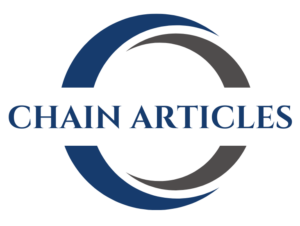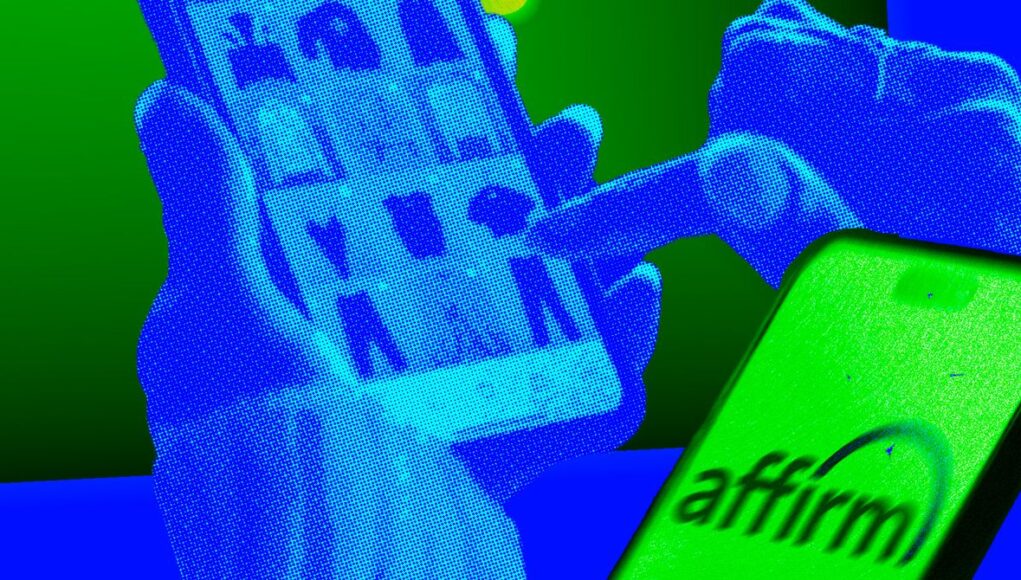The economic winds whipped up by President Trump’s “Liberation Day” tariff proclamations in early April have been anything but a gentle breeze. Rising prices, fomenting trade wars, and uncertainty about when tariffs will go into effect has led to a volatile economic climate.
People looking to buy electronics and other goods affected by the tariffs are trying to figure out whether they should wait it out to see if the administration’s trade policies become more favorable, or quickly scoop up what they can while prices are still cheap-ish.
For consumers weighing a purchasing decision, buy now, pay later services like Klarna, Affirm, and Afterpay are offering to make that choice easier.
These companies make a relatively straightforward case: Spread out the cost of a purchase into smaller, more manageable payments over the course of a few weeks or months. Because BNPL services make deals with the sellers they’re providing the payment plans for, the companies behind the BNPLs don’t charge interest to the customer. So instead of spacing out a purchase with a credit card, say—which usually charges a high interest rate—BNPL would get you that thing you want for the listed price.
BNPL companies don’t require you to have good credit, and they only charge fees if you’re late with your payments. Otherwise it’s a nice free amenity—and one that might indicate bigger financial troubles across the economy.
Nadine Chabrier, senior policy council at the nonprofit Center for Responsible Lending, says it is easy to see why BNPL services are appealing. “The top reasons consumers use buy now, pay later is because they can’t afford the full cost of the item at once,” she says. “Another reason is because there’s a higher approval rate. It’s that convenience factor.”
Economic uncertainty—over tariffs, rising inflation, and the possibility of a looming recession—is giving consumers pause about stretching their limited funds. It’s rocky times like these when BNPL services become even more appealing.
“BNPL really skyrocketed in adoption during the pandemic,” says Matt Gross, a spokesperson for Affirm. “It may not be as high-growth now as you saw in 2020, 2021, when everyone was stuck at home shopping online, but we’re still growing at orders of magnitude faster than broader spending and consumption levels.”
Stress Spending
Economic watchdogs have concerns about BNPL. The services often appeal to people with lower incomes, who financial experts have warned may be at risk of financially overextending themselves. Still, BNPL services are now woven into nearly every digital payment platform, and people have come to rely on them. PayPal offers it now, letting you spread out payments of almost anything. Klarna has partnered with DoorDash, so you can pay for your family’s dinner in weekly installments. And people aren’t just using them for electronics and pizza delivery, but also for basic essentials: A recent study found that 25 percent of BNPL users in the US were relying on the services to cover the costs of food and household sundries.
“Before tariffs even came into the picture, people were already using BNPL for gas and groceries,” Chabrier says. “We’re already talking about folks who may not have a lot of money or credit to spare. Additional economic stress could be hard.”



